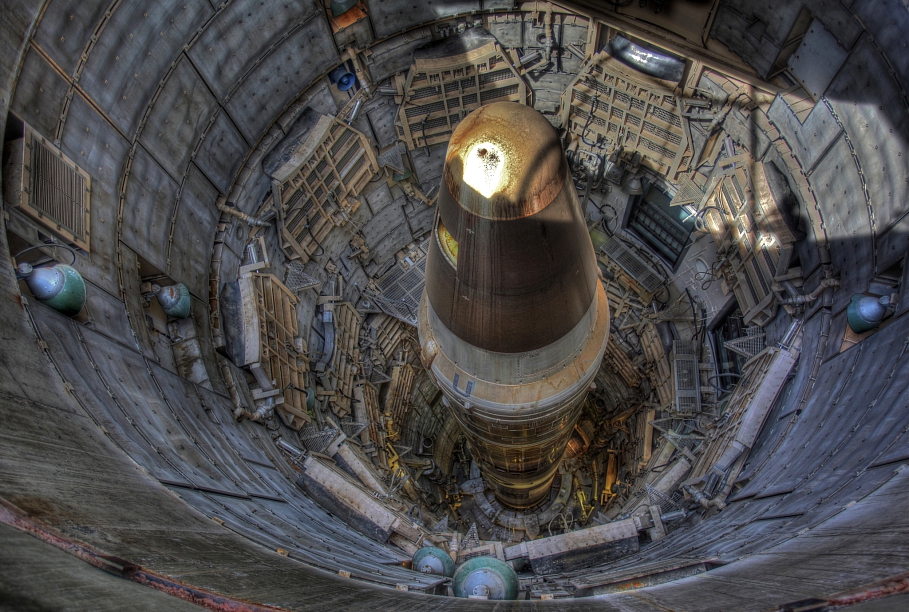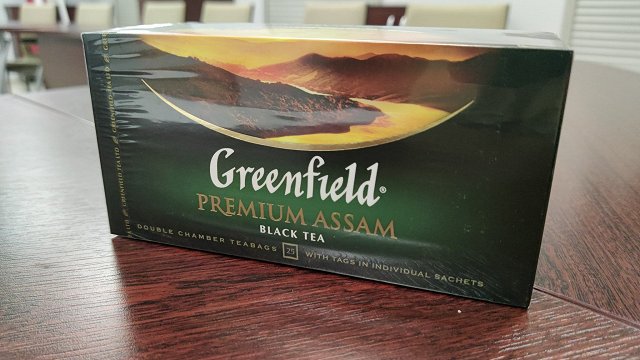Indeed the show, and particularly the 'Latvia' sections (which appear to have been filmed in Lithuania, if the names in the credits are any indicator) were made with the dramatic professionalism one would expect from the makers of Sherlock and Peaky Blinders.
That is probably explained by the fact that the 'Daugavpils rebellion' was about the limit of what was logistically possible on the show's budget. It takes some organizing but is not prohibitively expensive to hire a handful of actors, a couple of hundred extras and stage a demonstration or riot for the benefit of the cameras.
But when you start to depict large-scale, violent civil unrest among a real population that has shown no inclination to participate in civil unrest, and you show them waving the flag of Latgale as part of that fictional revolution, you are running into dangerous territory and probably stretching your narrative too far.
The warning sign came early. After a brief and accurate description of Putin's underhand gambits in Georgia and Ukraine, we stepped back in time to the Bronze Soldier riots or 2007 in Estonia. Or did we? Because at that point, the archive footage of what actually happened started to be mixed with brand new dramatized footage. It was very well done, in film-making terms, but momentarily disorienting - are we watching the past or the present? No doubt this was precisely the reaction the producers wanted to achieve but it signalled the point at which fact and fantasy were to be irredeemably mixed.
The riots "spread to the Latgale region of Latvia" we were told. There was no further mention of how the situation in Estonia was resolved and we switched instead to a Georgia/Donbas scenario in Daugavpils, whose real-life mayor was probably becoming apoplectic as he watched his henchman-like screen version calling for independence from the evil yoke of Riga. There was little or nothing to suggest the people of Daugavpils weren't wholeheartedly behind him.
Soon afterwards came the second thing that sounded alarm bells - or air raid sirens. A group of British troops were captured by the Russians. The elite Special Air Service (famously the largest regiment in the British Army if you believe everyone who claims to have served in its ranks) was sent in to rescue them. The operation was a complete success. At this point one could almost hear the producers in the their script meeting saying:
"Well, yes, we are prepared to depict nuclear annihilation on a huge scale but we definitely can't broadcast something in which the SAS gets shot to pieces. Imagine the uproar!"
And despite its claims to verisimilitude, the format of World War Three: Inside The War Room was fundamentally flawed.
From the Bronze Soldier on, what we were essentially served with was Putin's Greatest Hits transposed onto a Latgalian backdrop. The Little Green Men came from Crimea, the bogus humanitarian convoy and the separatists from Donbas, the shooting down of a helicopter from across the border was a take on the downing of MH17 over Ukraine... and so on.
Yet at no point did anyone point say: "Hey, isn't Putin just doing all the things he has been doing for the last few years, only now he's doing them all at once? We've encountered all this before, so we know exactly how to deal with it because we've actually given it some thought!"
Indeed events came so thick and fast that there was no real sense of tension building. The 'characters' in the war room - and let's not call them real people because all to some extent and some to a huge extent were mugging for the cameras - lacked the 'chemistry' the producers must have hoped for, with a couple of exceptions.
The exercise might have had some validity if the protagonists really had been shut in their war room for days or weeks. But it felt like the work of an afternoon and occasionally veered into Dr Strangelove territory, particularly when the Russians phoned in to apologise that they had - whoops apocalypse! - accidentally used a nuclear weapon in the Baltic Sea.
The great get-out the BBC will likely employ is that the show could not be regarded as propaganda simply because the ending was problematic.
But this is a false argument. If the experts had decided to unleash nuclear retaliation, it would be propaganda, but the fact they opted for a sort of conscientious self-immolation is supposed to acquit them of the charge and show how thoughtful this entertainment drama is after all.
Well sorry, but that's not good enough. When Russian TV runs "dramatizations" of its tanks rolling into Finland or nuking New York we condemn it and say fact and fiction should not be mixed in such a way, that it contributes to the general erosion of the line between news and entertainment.
World War Three: Inside The War Room employed precisely the same techniques - only done rather more effectively than is usually the case with Russian TV, who one suspects are even now offering the BBC a handsome royalty for the right to re-broadcast the show - and perhaps slightly edit it here and there...
Reacting to the show, Latvian Foreign Minister Edgars Rinkevics described the scenario as "rubbish" but said it had "many lessons" to teach us. It would be fascinating to hear him outline precisely what those lessons are.
Watched BBC2 World War 3: Inside the War Room, while scenario of separatists in Latgale is rubbish, overall many lessons to learn for all
— Edgars Rinkēvičs (@edgarsrinkevics) February 3, 2016































